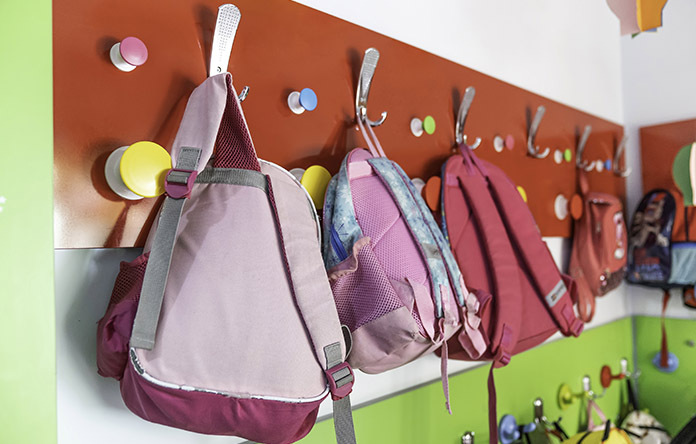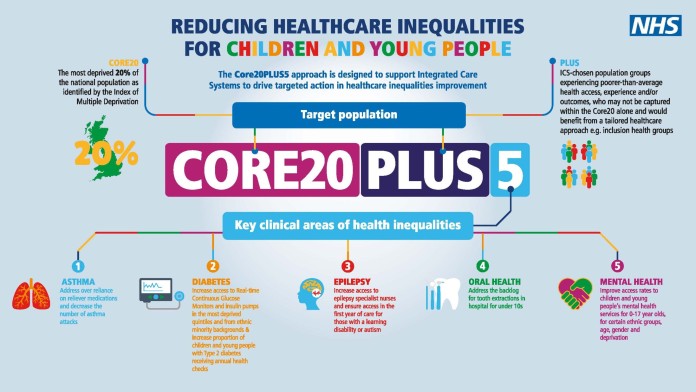
‘Neurodivergent’ is the term used for people whose brains function differently in one or more ways than is considered ‘standard’ or ‘typical’. More simply, it means some people think differently from others.
Neurodiversity is considered as an umbrella term that includes a range of neurodivergent conditions including: Autism, Attention Deficit Hyperactivity Disorder (ADHD), Dyspraxia, Dyscalculia, Dyslexia and Tourette’s Syndrome.
Support for neurodivergent children and young people
NHS trusts are looking at the best ways to adapt their services to be more inclusive towards children and young people who have neurodivergent conditions.
It’s important that those seeking help feel supported and their challenges are understood by the service.
Webinar: Adapting to better support neurodivergent CYP

Join us on Tuesday 5th September 2023, when we will be welcoming guest speakers from Nottinghamshire Mental Health Support Team (MHST) who will be discussing the methods they are implementing to better support neurodivergent children and young people.
Naomi Williams, Clinical Specialist, and a colleague will share their findings and resources to help other MHSTs consider their own approach to support, including designing and piloting a new pathway, and trialling support groups for parents and carers. They will share their experience on how MHST delivery can be developed, along with advice on reducing anxiety for young people and their parents.
NHS England is looking to address health inequalities across all healthcare provision, tackling relative disparities in access to services, patient experience and healthcare outcomes. Core20PLUS5, NHS England’s approach to support the reduction of health inequalities for adults, has been adapted and is now being rolled out for children’s services.
The National NHS England Core20PLUS5 CYP approach:
- Core20 refers to the 20% of the population who are most deprived.
- PLUS refers to population groups experiencing poorer than average health access and outcomes. This includes people with a learning disability or autism.
- 5 refers to five clinical areas where the NHS can take action. In the CYP version these are Asthma, Diabetes, Epilepsy, Oral Health and Mental Health.
With mental health being one of the five key clinical areas for children and young people, the NHS aims to improve access rates to children and young people’s mental health services for 0-17 year olds, for certain ethnic groups, age, gender and deprivation.
This is not a new approach. The five conditions outlined in Core20PLUS5 reflect clinical commitments already laid out for children and young people in the NHS Long Term Plan.
This is a framework that those working in Children and Young People’s Mental Health Services can follow to help improve the quality of services, make efficient use of resources and bridge the gap for those who are most likely to experience health inequalities.
Insightful software for healthcare services working with children and young people:

Many providers are choosing iaptus CYP to support their work in schools and to provide insights into access and outcomes for children and young people, helping teams to identify where there are health inequalities that should be addressed.
Join us on Friday 15th September at 2pm for a virtual tour of the psychological therapy system that’s helping over 60 CYP services across the UK to meet the rising demand of children and young people seeking mental health support.



